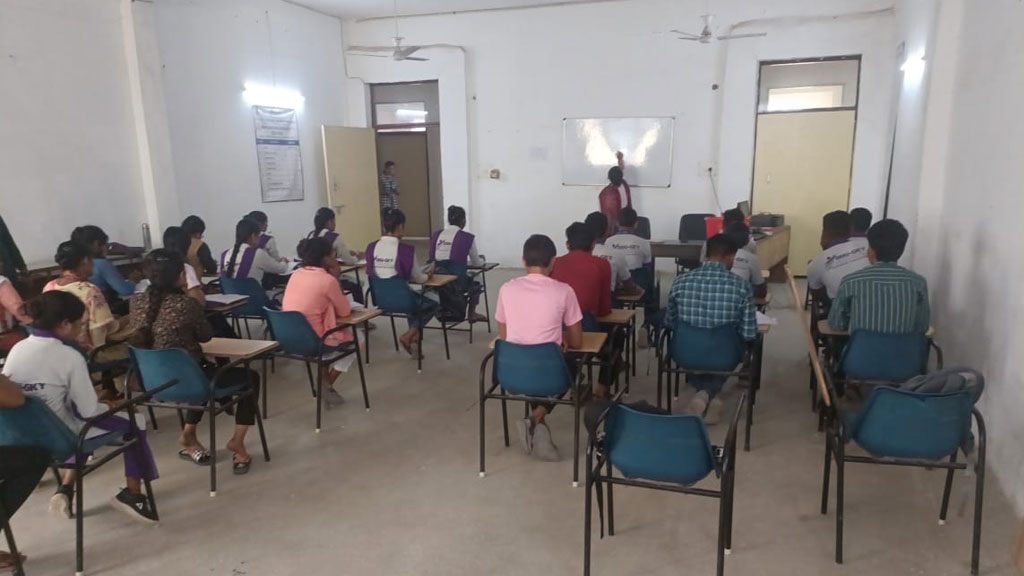Education is a transformative force, shaping individuals and societies alike. Corporate Social Responsibility (CSR) initiatives play a crucial role in extending the reach of education beyond traditional boundaries, contributing to a landscape where empowerment is not confined to the classroom walls. In this exploration, we delve into the multifaceted ways in which CSR contributes to educational empowerment, unlocking doors to a more inclusive and enlightened future.
Empowering Through Access:
Educational empowerment begins with access, and CSR initiatives champion this cause. Corporations invest in programs and projects that break down barriers to education, ensuring that individuals, regardless of socio-economic backgrounds, have the opportunity to access quality learning resources and facilities.
Skill Development for Lifelong Learning:
Beyond traditional academics, CSR initiatives recognize the importance of equipping individuals with practical skills for life. From vocational training programs to workshops that foster critical thinking and problem-solving, corporations contribute to educational empowerment by preparing individuals for the challenges of the real world.
Digital Literacy for the Modern Age:
In an era dominated by technology, digital literacy is a key component of educational empowerment. CSR initiatives often focus on providing access to digital resources, promoting computer literacy, and bridging the digital divide. By doing so, corporations ensure that individuals are not only educated but also adept at navigating the digital landscape.
Women’s Empowerment Through Education:
CSR initiatives frequently place a special emphasis on empowering women through education. Beyond merely providing access, these initiatives often address gender-specific challenges, including cultural barriers and societal expectations. By investing in the education of women, corporations contribute to breaking the cycle of inequality and fostering empowered communities.
Community Engagement and Ownership:
Educational empowerment is most effective when it involves the active engagement of the community. CSR initiatives, understanding the importance of local context, engage with communities to identify needs and co-create solutions. This collaborative approach ensures that educational programs are tailored to the specific requirements and aspirations of each community.
Environmental Education for Sustainable Futures:
CSR initiatives extend beyond conventional academic subjects to address broader issues. Environmental education, for instance, is a common focus area. By promoting awareness and understanding of environmental issues, corporations contribute to building a generation that is environmentally conscious and equipped to contribute to sustainable development.
Inclusive Education for Diverse Learners:
Educational empowerment should be inclusive, catering to the needs of diverse learners. CSR initiatives often support programs for individuals with disabilities, ensuring that education is accessible to all. By fostering inclusivity, corporations contribute to creating educational environments that celebrate diversity and accommodate varied learning styles.
Measuring Impact:
CSR initiatives are not just about good intentions; they are about tangible impact. Corporations employ robust monitoring and evaluation mechanisms to measure the effectiveness of their educational programs. This commitment to accountability ensures that resources are directed where they can make a meaningful difference.
A Holistic Approach to Educational Empowerment:
“Beyond the Classroom: CSR’s Contribution to Educational Empowerment” encapsulates a holistic vision. It signifies the recognition that education is not confined to textbooks and classrooms; it is a dynamic force that shapes individuals throughout their lives. As corporations contribute to this vision through CSR, they become enablers of change, fostering a society where education is a catalyst for empowerment, innovation, and progress.
Conclusion:
In the grand narrative of educational empowerment, CSR initiatives are pivotal chapters that go beyond conventional boundaries. They are stories of access, skill development, inclusivity, and community engagement. As corporations continue to contribute to educational empowerment, they become architects of a future where knowledge is not only acquired but also applied, creating a society where individuals are empowered to shape their destinies and contribute meaningfully to the world.
- By admin

